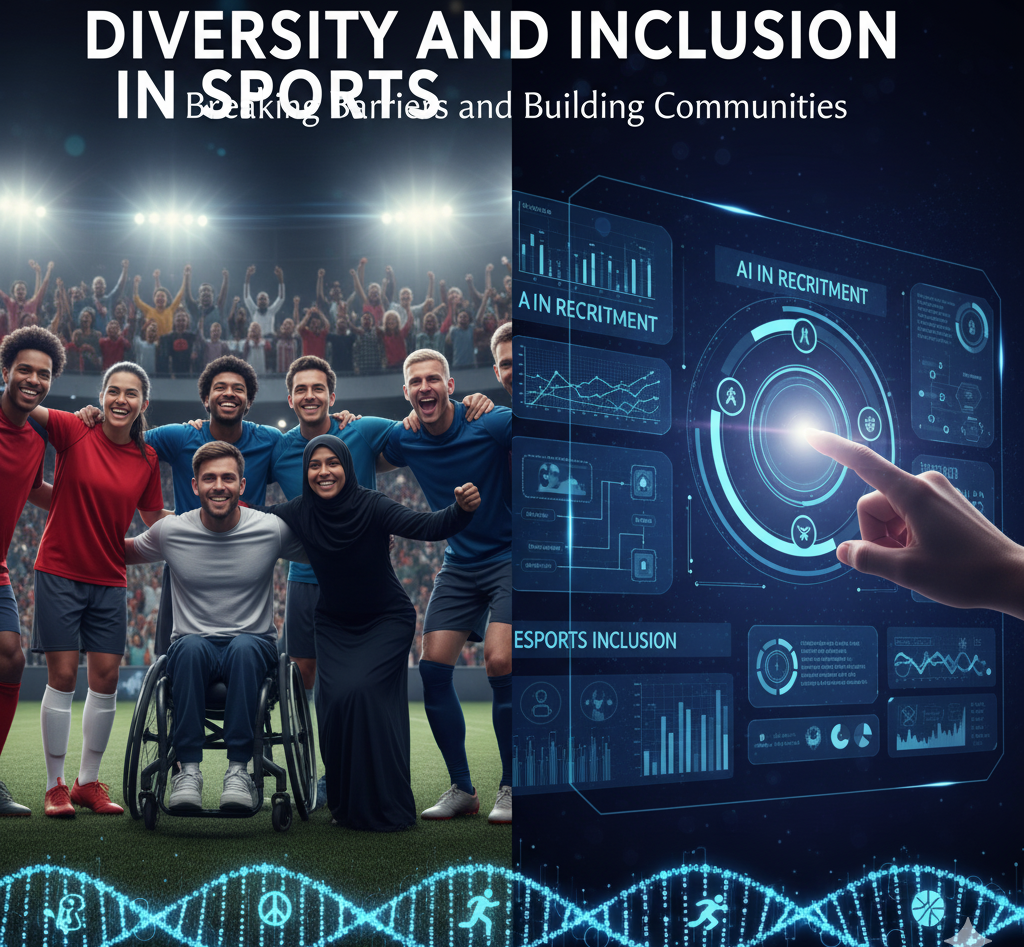Introduction
Sports have the power to unite people across cultures, genders, and backgrounds. Yet, issues of inequality remain. Today, diversity in sports is more than just a social movement—it’s a key driver of sports innovation, fan engagement, and the growth of the global sports ecosystem.
What is Diversity in Sports?
Diversity in sports means ensuring equal opportunities and representation regardless of gender, race, ability, or social status. It promotes inclusivity in athlete performance, coaching, leadership, and fan communities.

Importance in the Sports World
- Representation Matters: Diverse athletes inspire future generations.
- Business Growth: Diverse fan bases expand markets and sponsorships.
- Global Unity: Sports events like the World Cup showcase multicultural talent.
- Mental Health & Belonging: Inclusivity fosters positive team environments.
Real-World Applications
- Women in Leadership: Increasing roles in coaching and sports management.
- Paralympic Games: Promoting accessibility and visibility for differently-abled athletes.
- Corporate Social Responsibility: Teams adopting equality-driven initiatives.
- Grassroots Inclusion Programs: Expanding opportunities in underserved communities.

Latest Trends & Future Outlook
- Esports Inclusion: Creating diverse, inclusive gaming communities.
- AI in Recruitment: Removing bias in scouting and talent identification.
- Sustainability & Diversity Together: Eco-conscious, socially responsible sports programs.
- Changing Narratives: Athletes using platforms to champion diversity issues.
Conclusion Diversity in sports is about more than representation—it’s about reshaping the culture of competition and community. By breaking barriers and building inclusive systems, the sports world moves closer to its true potential: uniting people globally through fairness and opportunity.

















